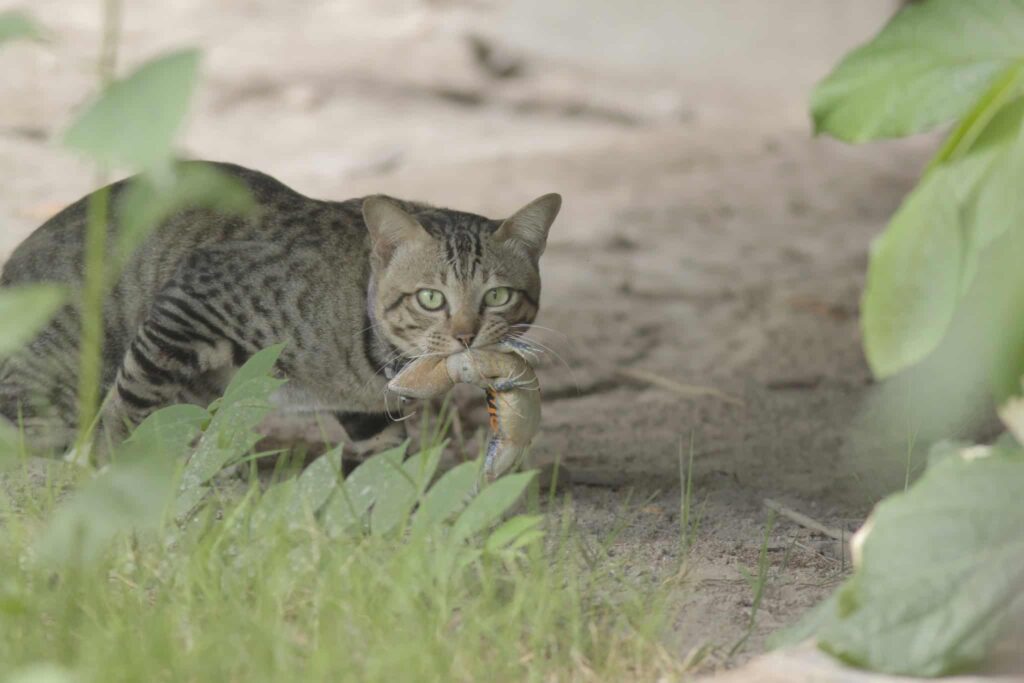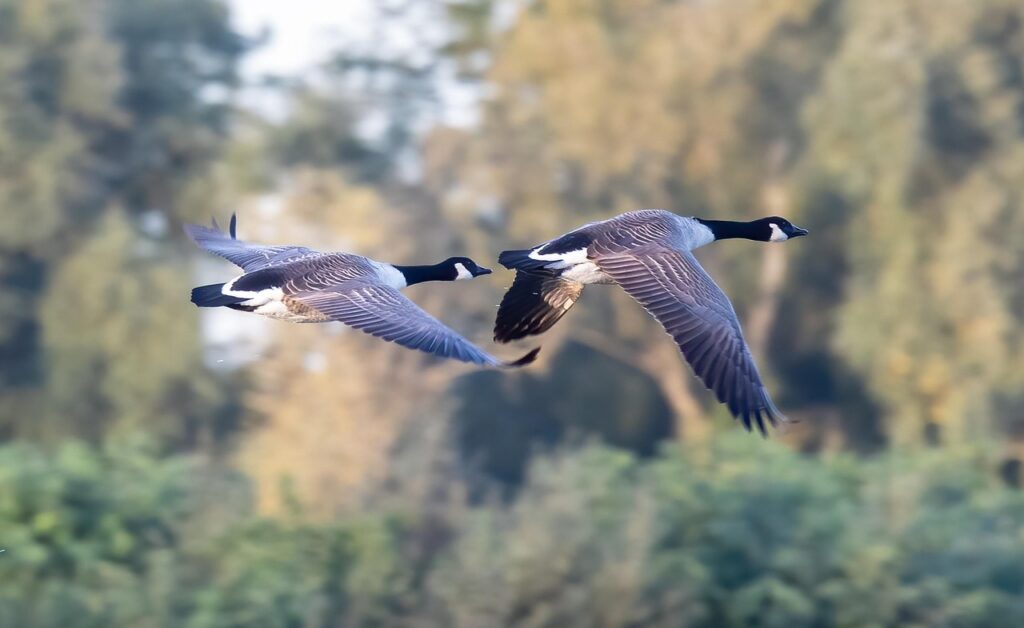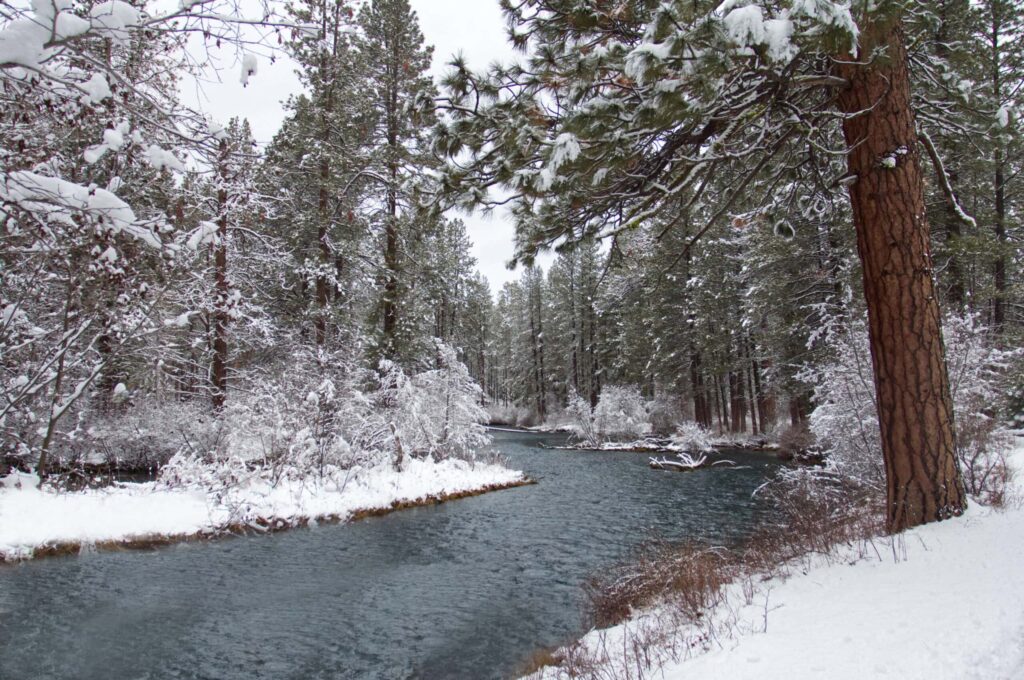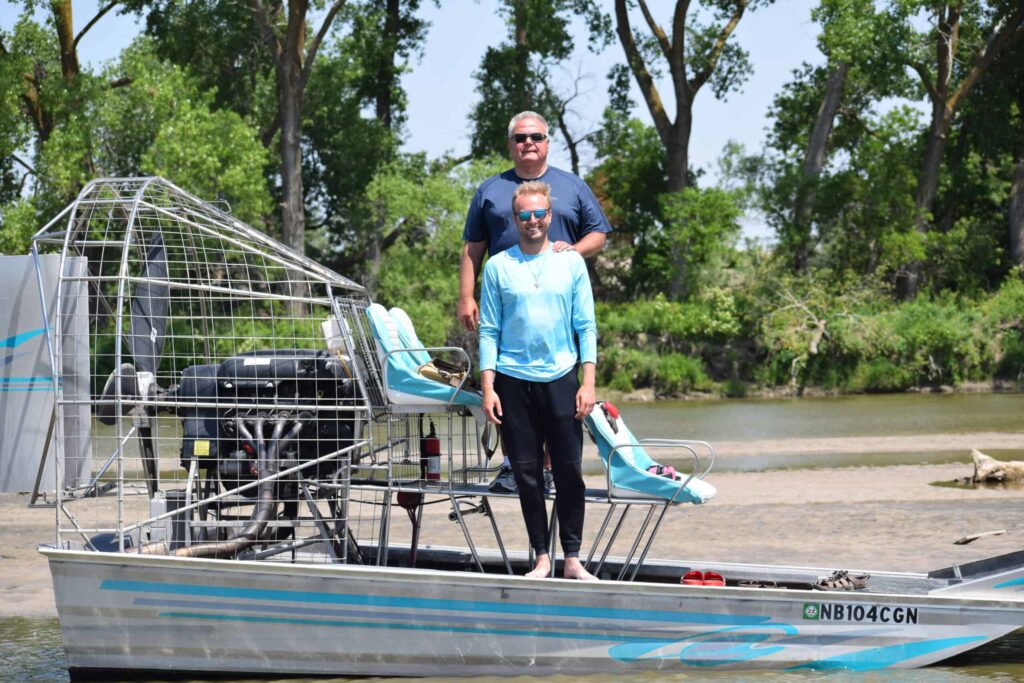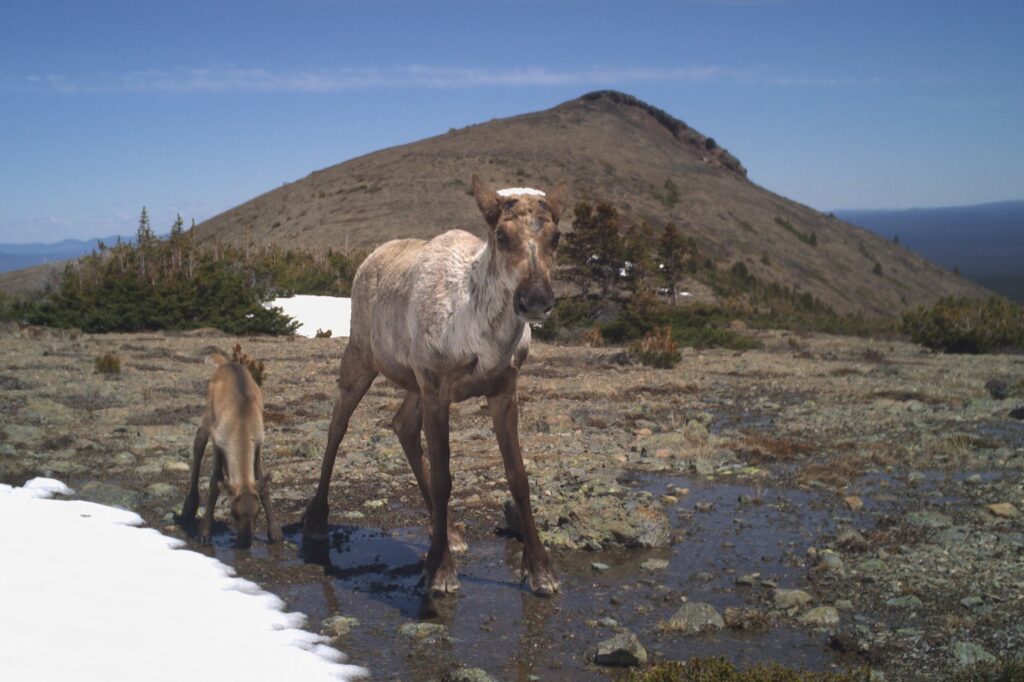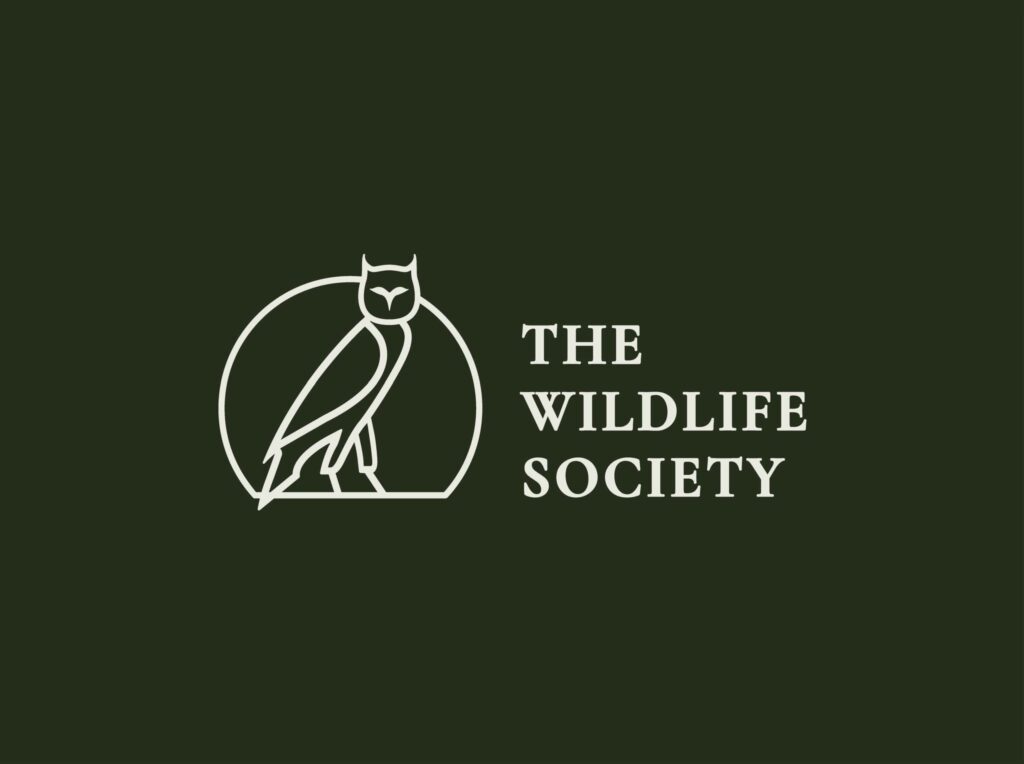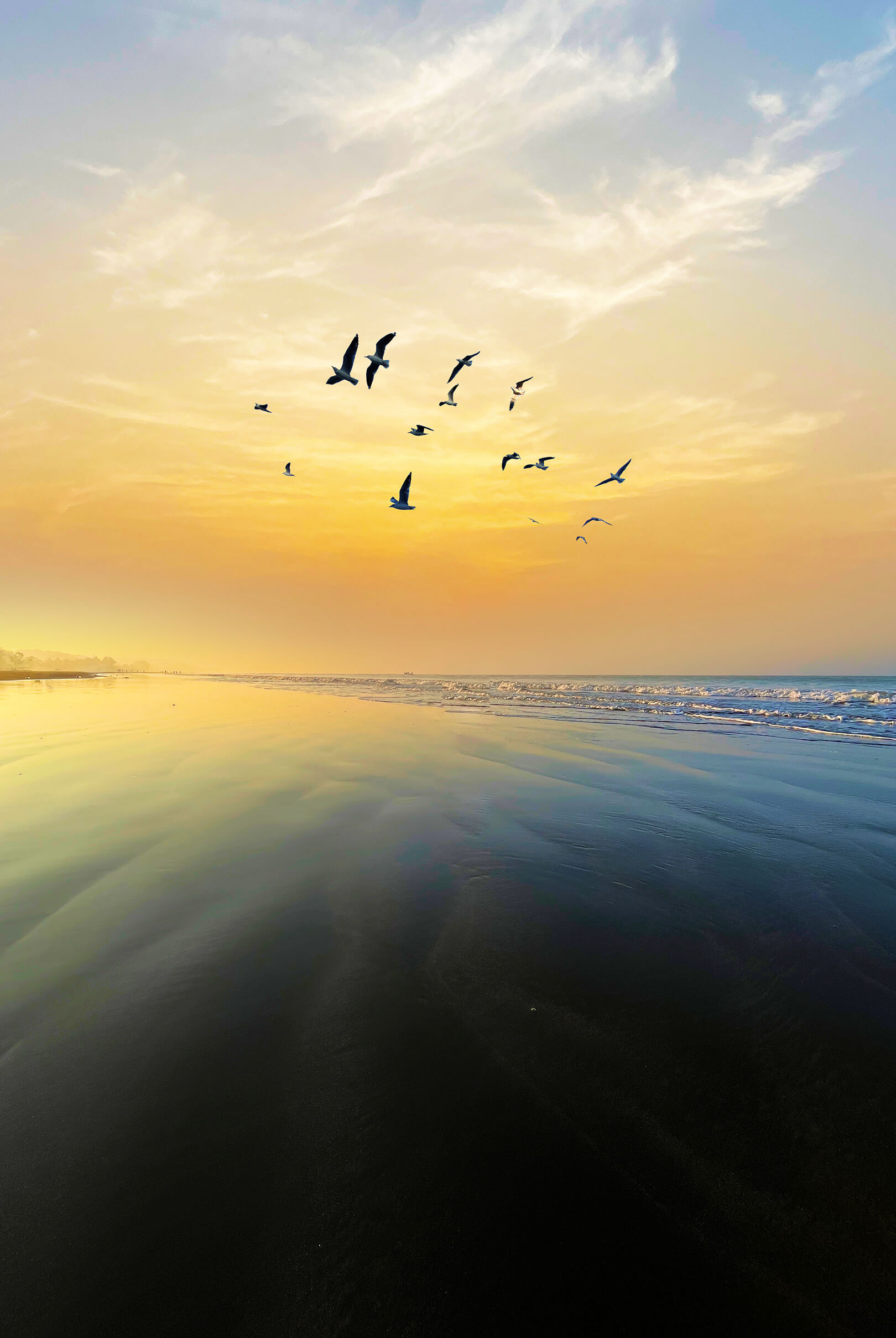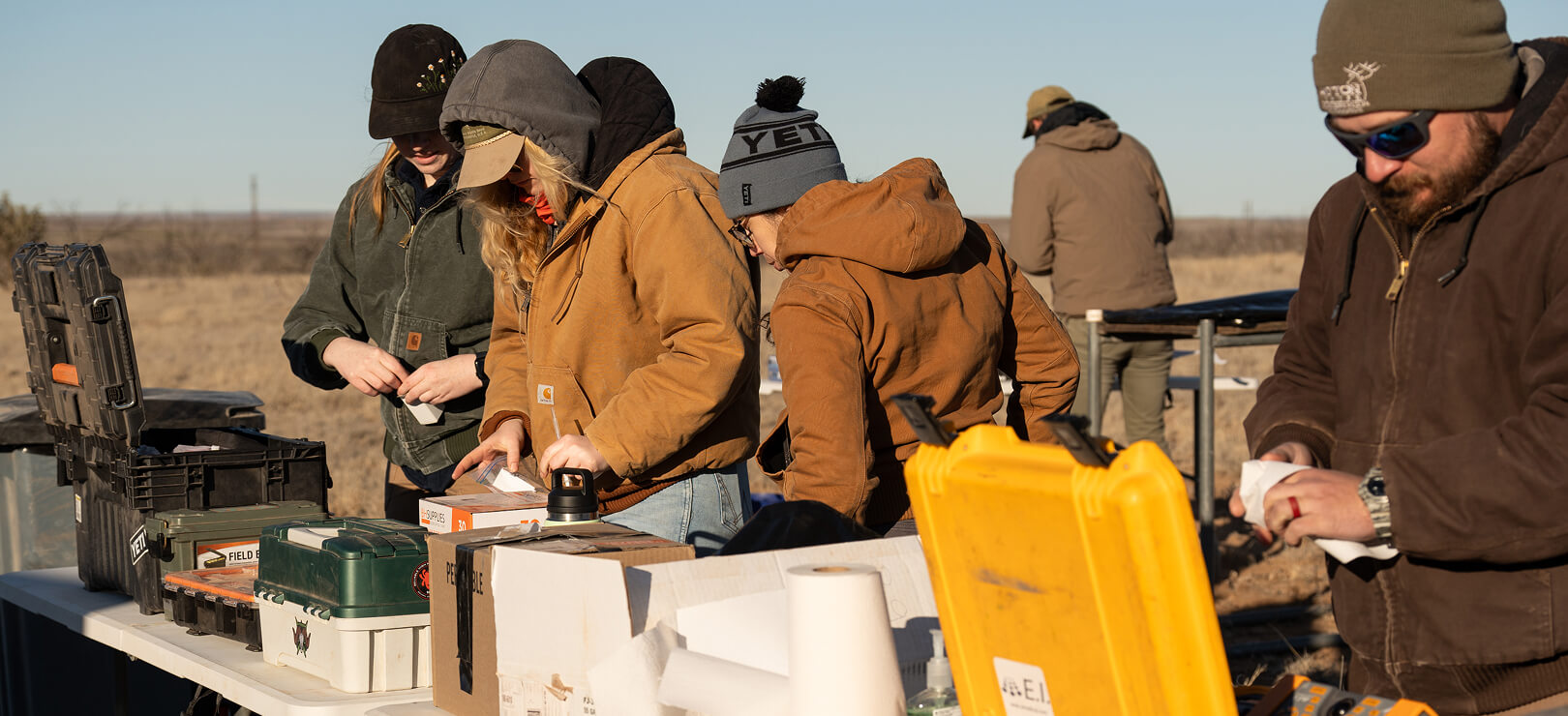
Explore our Working Groups to find the ones that align with your interests and expertise.
How to Join a
Working Group
- Become a TWS Member
Membership is required to join any Working Group. - Log In
Access your TWS member portal through the TWS website. - Select Your Groups
Navigate to Membership → Add Organization Unit Membership. Select the Working Groups you’d like to join. - Pay Dues
Some groups may require a nominal fee, while others are free to join.
Member Groups
Don’t see a group dedicated to your area of focus? Reach out to Mariah at MB*****@******fe.org to propose a new working group.
The Biological Diversity Working Group provides an opportunity for TWS members to exchange research and management information relative to the conservation of biological diversity and to contribute to the development of policies and programs that promote the conservation of biological diversity.
The Biometrics Working Group promotes the development and application of biometrical methods in the study and management of wildlife resources.
The mission of the Climate Change and Wildlife Working Group is to foster research, professional development, and information exchange on contemporary climate change, impacts on ecological systems, and responsive natural resource management for members of The Wildlife Society.
The Coastal & Marine Wildlife Working Group encompasses both coastal and marine biology, including a diverse array of topics and species including marine mammals, sea turtles, sharks, sea/shorebirds, and more. We welcome students & professionals to join our mission of increasing collaboration and knowledge of the marine/ coastal wildlife field.
The College and University Education Working Group of The Wildlife Society fosters the professional development of TWS members working as college/university educators, and improves the quality of higher education in wildlife ecology and conservation.
The Conservation Detection Dog Working Group provides a forum for communication and networking between professionals interested in the conservation detection dog methodology.
The Conservation Education and Outreach Working Group (CEOWG) of The Wildlife Society works to instill and foster a land ethic and an understanding of ecological principles among today’s citizens.
The Disabilities, Neurodivergence, and Allyship Working Group is committed to making the wildlife profession and the outdoors more accessible and welcoming for folks with disabilities and neurodivergent identities.
The primary mission of the Drone Working Group is to provide support and information to those in The Wildlife Society that use small unoccupied aerial systems (sUAS), or more commonly called drones, in natural resources/wildlife research and management and to see the use of this technology in our profession move forward professionally, ethically, and legally.
The Early Career Professional Working Group is dedicated to addressing the challenges and opportunities that early career wildlife professionals encounter.
Forest management decisions affect a large array of wildlife species and habitats. The impacts that forestry has on wildlife occur at multiple spatial scales and range across ownership types including National and State Forests, industrial timberlands, and small private woodlots.
The Habitat Restoration Working Group provides a forum for TWS members to share experiences, techniques, and information relative to restoring wildlife populations and degraded habitats.
The Human Dimensions Working Group promotes the study and transfer of information relative to human dimensions, social aspects, and policy related to wildlife management.
The Hunting, Trapping, and Conservation Working Group promotes exploring issues associated with hunting and trapping relative to conservation and management of wildlife resources.
The Inclusion, Diversity, Equity and Awareness Working Group promotes the involvement of minorities and women in the wildlife and natural resource professions, especially in areas such as student recruitment, conservation education, and professional development.
The International Wildlife Management Working Group provides a forum for TWS members to network with wildlife professionals from around the world on a wide range of issues pertaining to wildlife management and habitat conservation.
The Invasive Species Working Group promotes the control, mitigation, and prevention of invasive species’ introduction to improve natural resources for wildlife.
The Latin American & Caribbean Working Group is committed to advancing and representing international and domestic Latin Americans and Caribbeans in The Wildlife Society and the wildlife profession at large.
The Military Lands Working Group is intended to provide opportunities for members to exchange information, meet professionals dealing with similar situations, and promote awareness of natural resource conservation requirements on Department of Defense lands.
The Molecular Ecology Working Group aims to promote scientific advancement applying molecular techniques to wildlife ecology, management, and conservation.
The Native Peoples’ Wildlife Management Working Group serves as a forum and resource for members of The Wildlife Society to share ideas and information on relevant issues and topics impacting Native American wildlife management.
The Nutritional Ecology Working Group serves as a forum to facilitate communication and exchange of information related to advancing the science of nutritional ecology as it pertains to conservation and management of wildlife populations.
The Private Lands Working Group aims to increase awareness of the conservation and management of wildlife on private lands by improving communications and education for wildlife professionals and students around research, management, restoration, policy, and outreach and education impacting the diverse habitats on private lands (working and non-working).
The Rangeland Wildlife Working Group promotes unified efforts in managing rangelands for both wildlife and sustainable use by people.
The Renewable Energy Working Group will focus on wildlife and ecological issues associated with the siting, construction, and operation of renewable energy generating facilities.
The Spatial Ecology and Telemetry Working Group provides an opportunity for TWS members to address issues of concern to the GIS community and to advance their own skills and understanding of GIS, remote sensing, and telemetry technologies.
The Student Development Working Group of The Wildlife Society promotes increased student awareness of TWS membership benefits, works to expand knowledge and technical capabilities of student members, and helps prepare student members for professional wildlife careers.
The Transportation Ecology Working Group promotes professional collaboration and information sharing to identify solutions that enable wildlife to thrive alongside our ever-changing and growing transportation infrastructure.
The Urban Wildlife Working Group provides a forum for TWS members to exchange information relative to urban wildlife and the management of urban wildlife habitat.
The purpose of the Wetlands Working Group is to provide a forum for TWS members with common professional interest to communicate, exchange information, facilitate continuing education and increase public awareness
The Wildlife Damage Management Working Group promotes better understanding of the challenges of managing human-wildlife conflicts and provides a forum for TWS members to advance their skills and knowledge of wildlife damage management practices.
The Wildlife Diseases Working Group provides a forum for networking and communication among wildlife professionals interested in management, research, education, and administration of wildlife disease issues.
